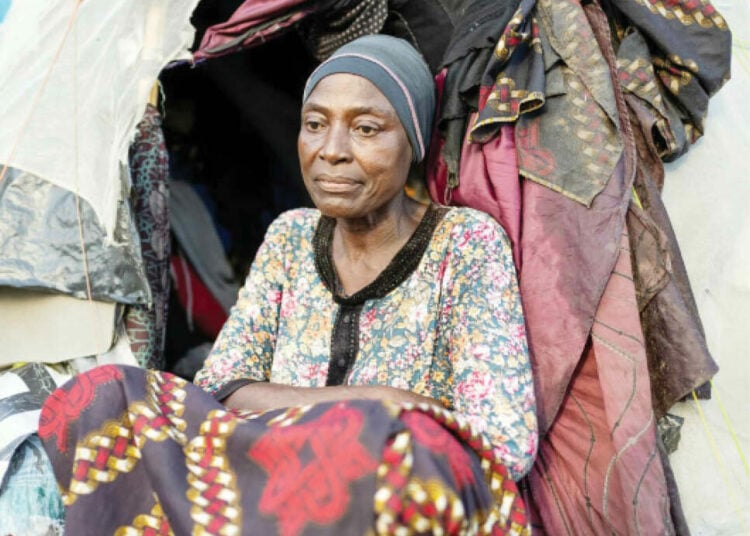In Nigeria today, climate change is no longer an abstract idea, it is the lived reality of flooded streets, prolonged heat waves, and unpredictable rainy seasons. Beyond destroying homes and displacing families, these extreme weather events are reshaping the country’s health landscape in ways that demand urgent attention. From cholera outbreaks after floods to malaria spikes during heavy rains, the link between climate and health has never been clearer.
Take the floods that have become all-too-familiar disasters in states like Anambra, Kogi, and Bayelsa. Every rainy season, images of submerged homes dominate headlines. Yet what often receives less attention is the silent health emergency that follows. Stagnant waters left behind create fertile breeding grounds for waterborne diseases like cholera, typhoid, and dysentery. According to the Nigeria Centre for Disease Control (NCDC), the country recorded over 5,000 suspected cholera cases in 2023 alone, most of them linked to poor sanitation after flooding events.
Heatwaves present another silent but dangerous health threat. Unlike floods, they do not make for dramatic headlines, but their impact is just as deadly. The World Health Organization notes that extreme heat worsens dehydration, kidney problems, and even mental health struggles. In Nigeria’s northern states, rising temperatures are pushing vulnerable groups, particularly the elderly and children, into dangerous territory. Doctors report more cases of heat exhaustion and fainting spells in rural clinics, while studies show that cardiovascular conditions worsen in extreme heat. Yet, public awareness about managing heat-related illnesses remains alarmingly low. A simple measure like drinking more water or avoiding direct sun during peak hours could save lives, but many Nigerians are not equipped with this knowledge.
And then comes malaria, Nigeria’s perennial public health challenge. The World Malaria Report 2022 showed that Nigeria still accounts for 31 per cent of global malaria cases, a staggering burden (AfiDEP, 2023). Climate change is making this fight harder. Heavy rainfall creates mosquito breeding grounds, while floods disrupt distribution of insecticide-treated nets and access to health facilities. Communities already battling poverty are left fighting a triple threat, displacement, hunger, and disease. In many rural areas, parents spend nights trying to shield their children from swarms of mosquitoes while worrying about the next day’s meal. Climate change is not just worsening malaria, it is multiplying its grip on Nigeria’s most vulnerable households.
The relationship between climate and health goes even deeper. Erratic rainfall patterns have disrupted food production, worsening malnutrition among children under five. UNICEF’s 2022 Nutrition Survey revealed that 12 million Nigerian children are stunted due to poor diets, a condition worsened by climate-related crop failures. For families in Borno and Yobe, where drought and flooding alternate, feeding a child three times a day is now a luxury. Malnourished children are not only physically weak but also more prone to infections. In this way, climate change is indirectly crippling the immune system of an entire generation, a crisis that will echo into Nigeria’s future.
First, climate action must prioritise public health resilience. This means strengthening healthcare facilities in flood-prone areas, ensuring emergency supplies of clean water, and integrating climate-related risks into health policy.











